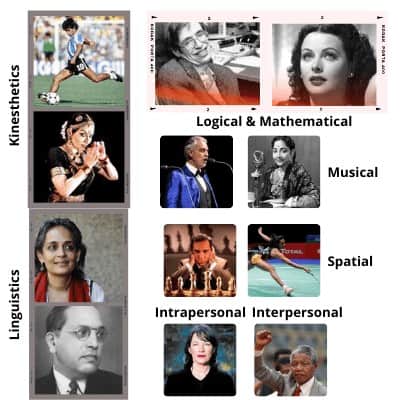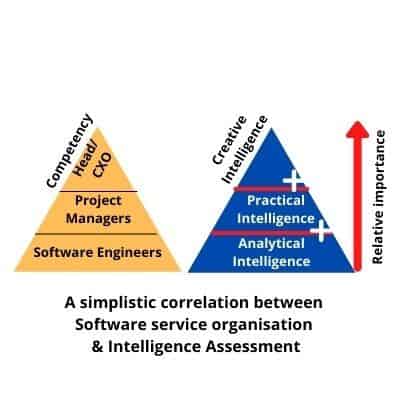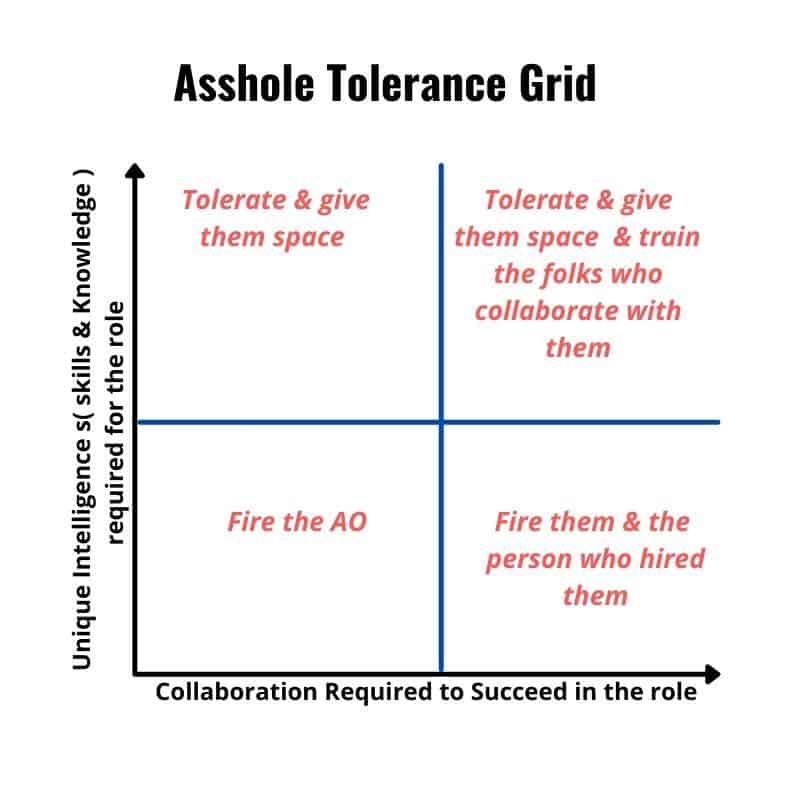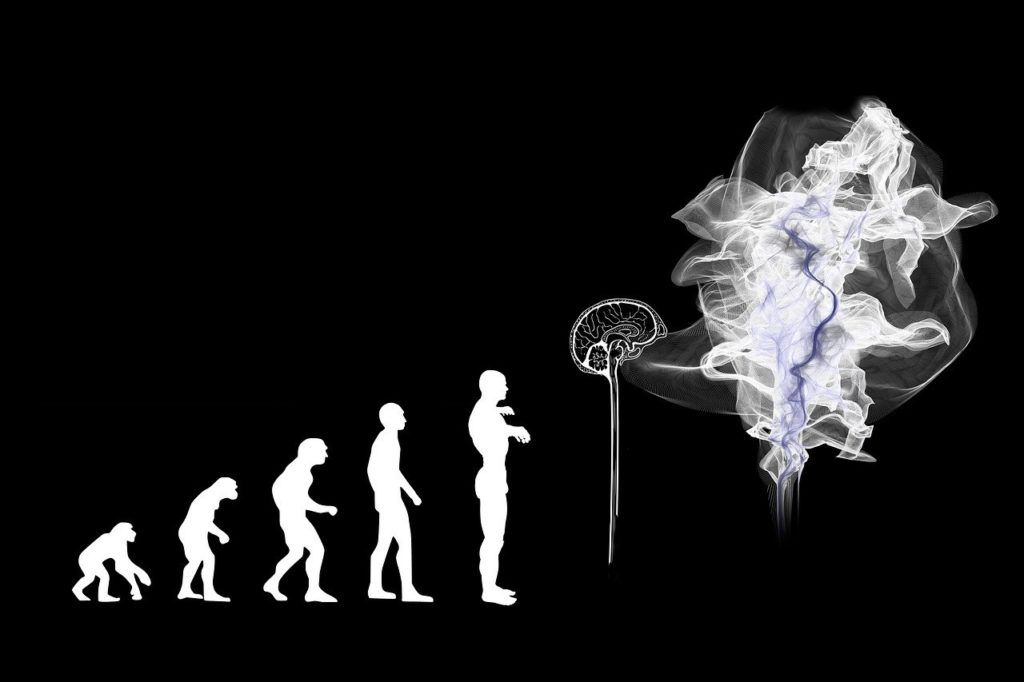In early 1700’s a controversy shook the very foundations of science community in Europe- “Leibniz and Newton had independently developed a branch of mathematics called Calculus, which underlies most of modern physics. Although we now know that Newton discovered Calculus years before Leibniz, he published his work much later. A major row ensued over who had been first, with scientists vigorously defending both contenders. It is remarkable, however, that most of the articles appearing in defense of Newton were originally written by his own hand – and only published in the name of friends! As the row grew, Leibniz made the mistake of appealing to the Royal Society to resolve the dispute. Newton, as president, appointed an “impartial” committee to investigate, coincidentally consisting entirely of Newton’s friends! But that was not all: Newton then wrote the committee’s report himself and had the Royal Society publish it, officially accusing Leibniz of plagiarism. Still unsatisfied, he then wrote an anonymous review of the report in the Royal Society’s own periodical. Following the death of Leibniz, Newton is reported to have declared that he had taken great satisfaction in “breaking Leibniz’ heart”. (Stephen W. Hawking, A Brief History of Time)
Newton was a Genius, and as the above example shows – an Asshole as well. But what does that have to do with our enquiry into Intelligence – well quite a bit as we try and figure out What is Intelligence-especially in the context of work now and in the future. By the end of the blog- I will also try and answer the most vexing of HR questions- When should an organisation tolerate assholes!
Intelligence has been defined in many ways: higher level abilities (such as abstract reasoning, mental representation, problem solving, and decision making), the ability to learn, emotional knowledge, creativity, and adaptation to meet the demands of the environment effectively
Charlotte Ruhl

Any modern definition of Intelligence takes into context the environment in which it is used;i.e. the combination of abilities required for advancement within a particular culture . .So The tribesman in the Amazon is intelligent when he/she can identify the poisonous fruit from the nutritious one, knows how to lay the perfect trap , and can do the communal dance or tune to attract a mate of choice.
The amazon worker is intelligent if he /she gets out of the job where they are paid peanuts for competing against an algorithm and one of the”success ” mantras is the ability to hold urine.
And ultimately when our AI overlords will take over- intelligence will mean the ability to kill terminators.
The first attempts to define and measure intelligence were by Francis Gallon in the 1800’s. A cousin of Charles Darwin who insisted that reaction time is a evolutionary advantage and can be thus used as a proxy measure of all intelligence. Modern Psychologists – like Spearman used factor analysis to distill what he called the “g” to measure general ability.

Thurnstone and later Gardner building on his work gave one of the most popular theories of Intelligence. Gardner – identified 7 distinct intelligence which he said reside in every individual to various levels of development . Each of these intelligences are activated by a stimuli and can be traced to distinct physiological and psychological responses as well regions in the brain. For Example the Linguistic ability resides in the Broca’s region of the brain.
Multiple Intelligences
- Logical & Mathematical- Problem Solving and this is what most of the popular IQ tests measure
- Musical- Ability to differentiate tone and play an instrument or sing- factor analysis found it to be closely linked to Logical !
- Linguistics- Communicate with intent- creatively and emphatically
- Kinesthetics- Trained/ Learnt body movement- whether its for dance, gymnastics or a sport.
- Spatial- The ability to understand patterns / over a space
- Intrapersonal- Know Yourself
- Interpersonal- Emphatic understanding of others
Research has found correlation between IQ scores and ability learn- but interestingly no such link between IQ scores and job performance. Gardner’s multiple intelligence model- while being elegant , and easier to co-relate to management – suffers from lack of measurement frameworks Robert Sternberg built on it to give The Triarchic theory of intelligence – which comes closer to the management ideal- as it defines intelligence as the ability to achieve success based on your personal standards and your socio-cultural context
- Analytical Intelligence – Ability to analyze or evaluate problems and arrive at a solution
- Creative Intelligence– Go beyond what is given and create novel and interesting ideas this involves insights, synthesis and the ability to react to novel situations and stimuli.
- Practical Intelligence– Practical Intelligence can be said to be intelligence that operates in the real world. People with this type of intelligence can adapt to, or shape their environment. It might also be called -“Street-smarts”. In measuring this facet, not only mental skills but attitudes and emotional factors that can influence intelligence are measured

We can correlate this to the decisions/ skills used – At junior level most of the decisions and skills required are analytical. Problem solving- whether its Coding, Testing or Quality
As we move up the hierarchy complexity is introduced through interaction with clients- understanding their requirements, translating them for your team and then managing client and team expectations. – this requires practical street smarts apart from Analytical knowledge .
At senior level – the situations require more unique – creative solutions as it might include building a new service line, creating a new solution for the client from scratch or creating a new business strategy with a lot of assumptions which may or may not have been encountered before.

by Omar Farooq
Founder & CEO AceProHR .
Great teams are not created by chance. Ask us how you can win the war on talent


Pingback: Assessment 102- What to Assess? – AceProHR